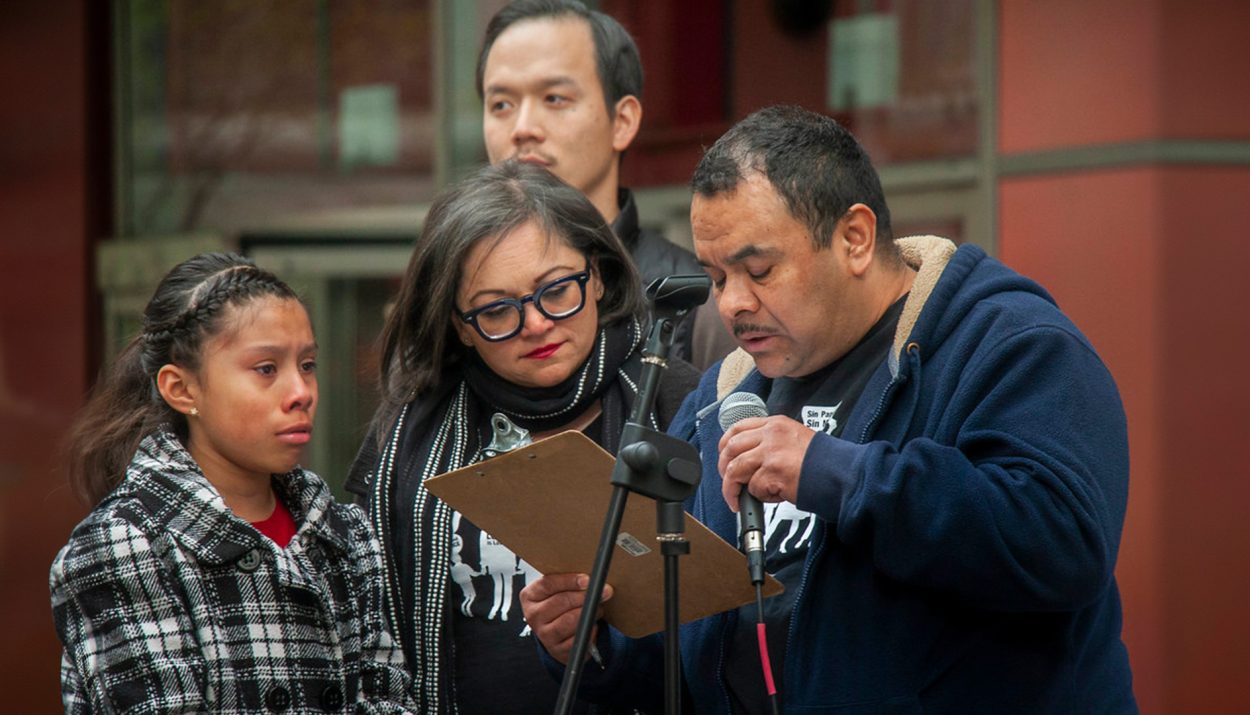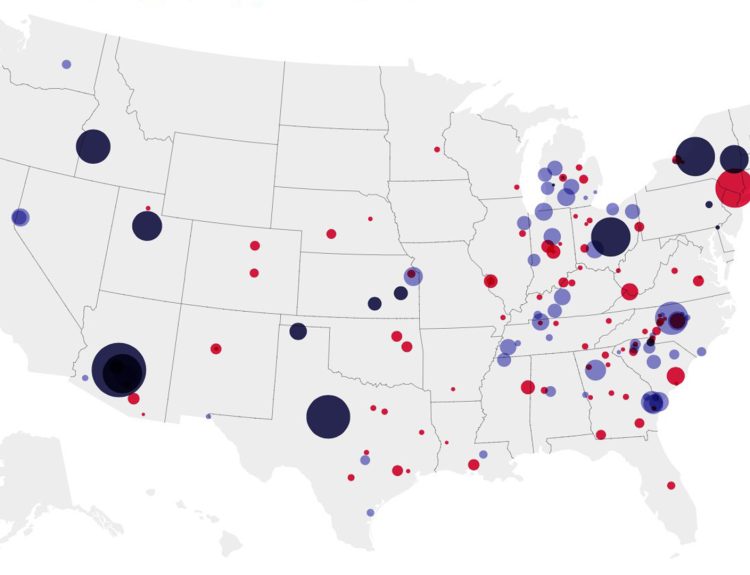Adding fuel to the current US immigration crisis, Chicago is starting to evict its illegal immigrants. Initially, these migrants were housed in Chicago by the government, but the Chicago Mayor’s office intends to evict 34 of these persons by Friday. Let’s examine this in a deeper context.
New Policy Established in November
Originally, the US government, particularly the Biden administration, intended that the migrants be housed in Chicago indefinitely until they could settle their immigration status.

The city passed a new policy in November of last year, allowing a maximum period for immigrants staying in the city of 60 days. These migrants far surpass the maximum.
Increased Personnel at the Landing Zone
The new policy also included support from the state of Illinois to increase police presence in the landing zone, which is where migrants first land when they arrive in the city.

City officials note that the landing zone is about reuniting the migrants with their families, but the core processing for all recent arrivals also happens there.
Reduction in Rogue Buses
Buses are used to transport migrants around the city, but the officials aren’t happy with buses appearing at random times, significantly as temperatures drop and the environment gets colder.

The policy intends to regulate these “rogue” buses and ensure a more streamlined transportation schedule. Officials stated they would fine bus companies that violated the schedule.
The Stay Limit Was The Most Important Update
The third and most critical policy update was the sixty-day stay limit. Asylum seekers in Chicago will now be strictly limited to that window, at the end of which they will be evicted.
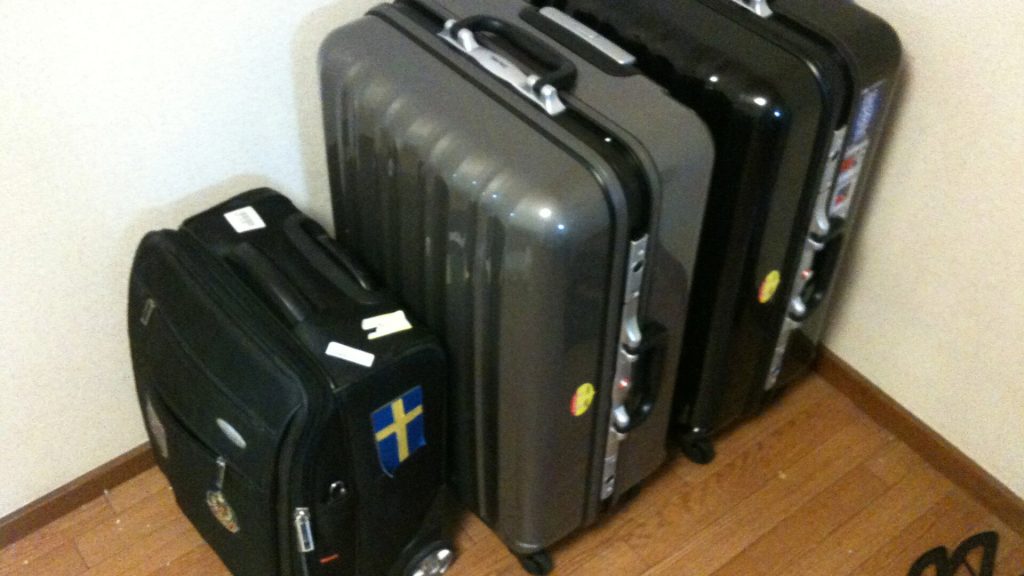
The city will track the arrivals at the landing zone and calculate the 60-day exit date. As migrants are registered in shelters, they will get their exit slips for 60 days after their arrival.
New Arrivals Mission Has A Goal
Chicago is a vast city, and the new arrivals occupy a lot of space there. These policy changes aim to encourage migrants to move out of shelters and find places to live independently.

According to officials, this is supposed to open up the shelter system to new arrivals. Individuals and families who plan to stay in Chicago can simply settle down and free up shelter space.
A Delay in Implementation
While the policy had already been approved in November, the city took some time to implement it. City staff issues and bad weather made it impossible to ensure a timely execution.

Migrants who were previously in the system would have a grace period as the policy rolled out. That’s why evictions are only now starting, despite the policy being several months old.
Thousands Expected to be Evicted
According to the city, they expect to evict some two thousand migrants by the end of April. However, based on the amount of incoming migrants the city has to deal with, it might not make much of a dent.
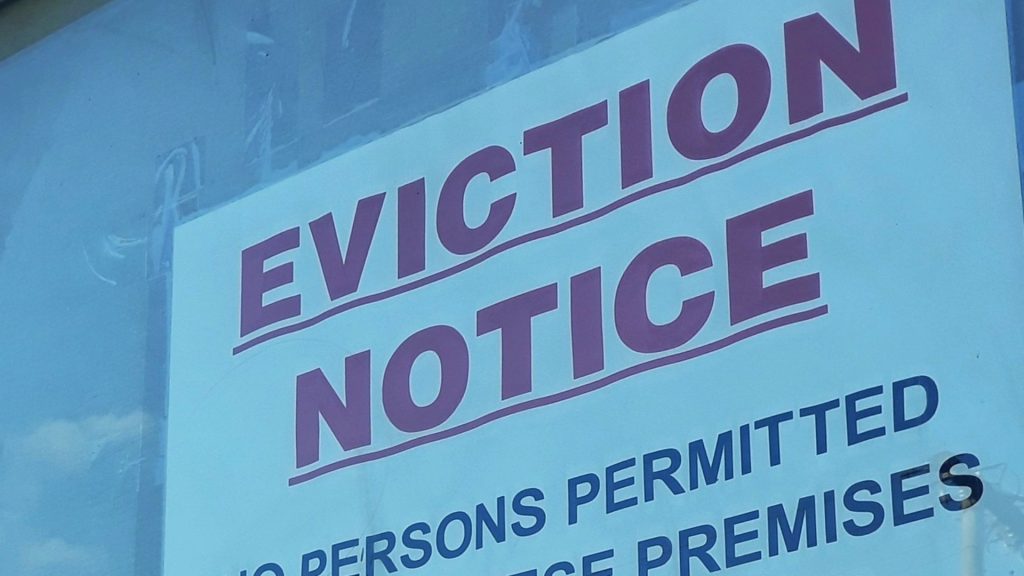
With over eleven thousand migrants currently housed by the city and more coming in daily, the faster they can implement this measure, the better they can deal with the influx.
City Hoping to Offer Affordable Housing Solutions
Recent discussions with city officials show that they’re interested in finding affordable housing solutions for migrants. This should help free up more of the shelter space.
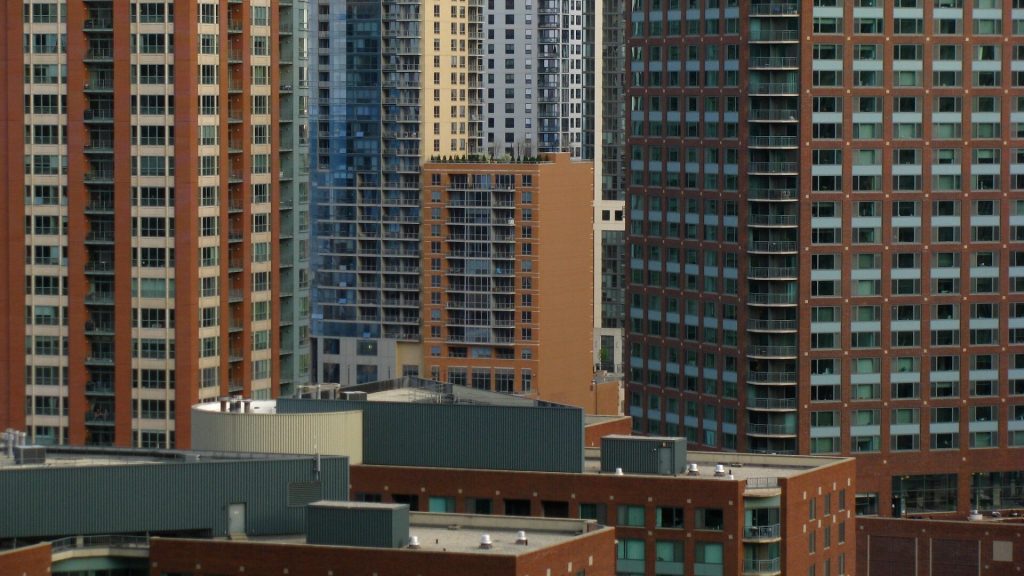
The city’s resettlement plan is ambitious, but the US is also experiencing a housing crisis. Finding housing, especially affordable options for migrants, might be harder than the administration thinks.
Migrants Can Return Afterward
The policy notes migrants who want to stay but can’t find affordable housing. In such a case, they can return to the processing point to be reprocessed and reassigned to a shelter.

Unfortunately, this means that they will have to move whatever items they have out of their shelter and into another one, which can be a serious inconvenience to the person or family.
A Compassionate Goal
Chicago Mayor Brandon Johnson says that this move should help resettle migrants compassionately and not leave them in shelters for an extended period of time.

The mayor contends that this settlement initiative will help migrants, along with provisions for health and safety, giving them a stable place to build from.
Limited Resources Means Eviction is a Necessity
Mayor Johnson notes that Chicago isn’t blessed with unlimited resources to care for migrants, and he sees the eviction policy as necessary to maintain its standard of care.
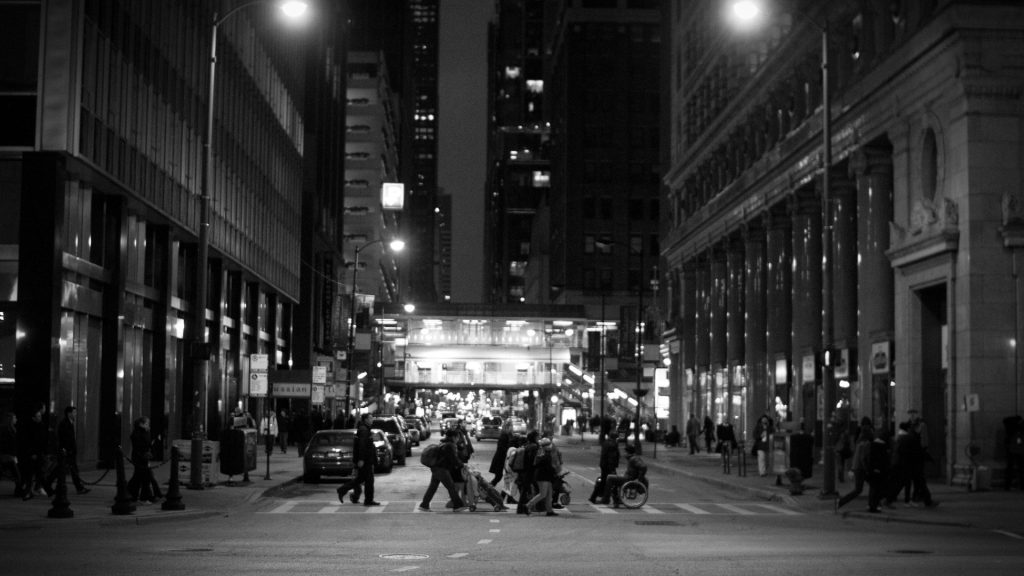
Chicago has many residents, and the mayor says that they will continue to evaluate their options for dealing with the migrant situation so that it benefits as many Chicagoans as possible.
Some Are Unhappy With the Evictions
Nineteen members of the Chicago City Council call the evictions inhumane and are trying to stop them. The Progressive Reform Caucus, as they’re called, sees these evictions as unnecessary and destructive.
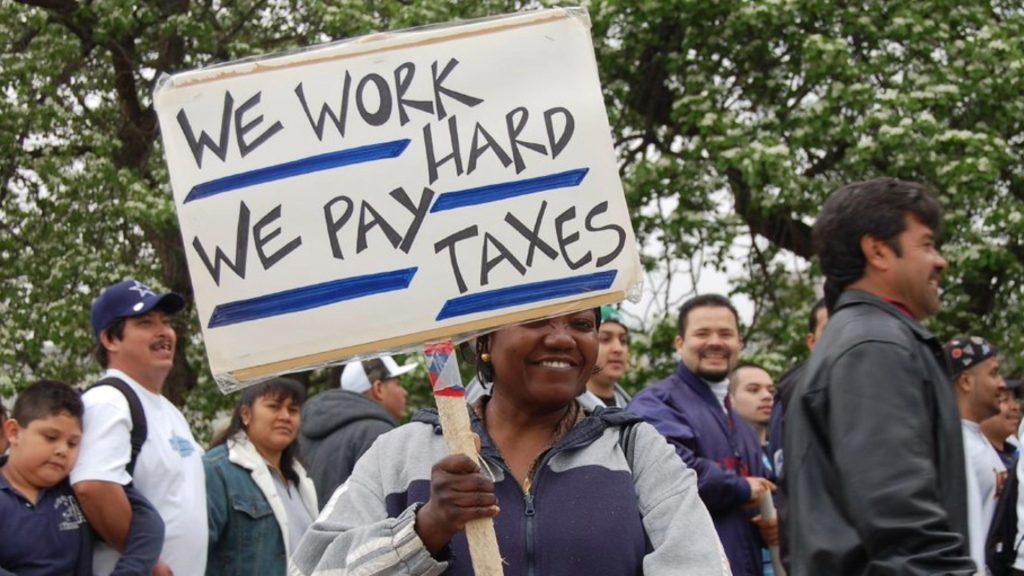
The Caucus states that these evictions will serve to cause strife and may increase racial tensions, and it points out that it will contribute to homelessness in the city.
Potential other Solutions
The Caucus is interested in exploring other options for dealing with the migrants if possible. Some of their solutions include additional funding from the federal government.
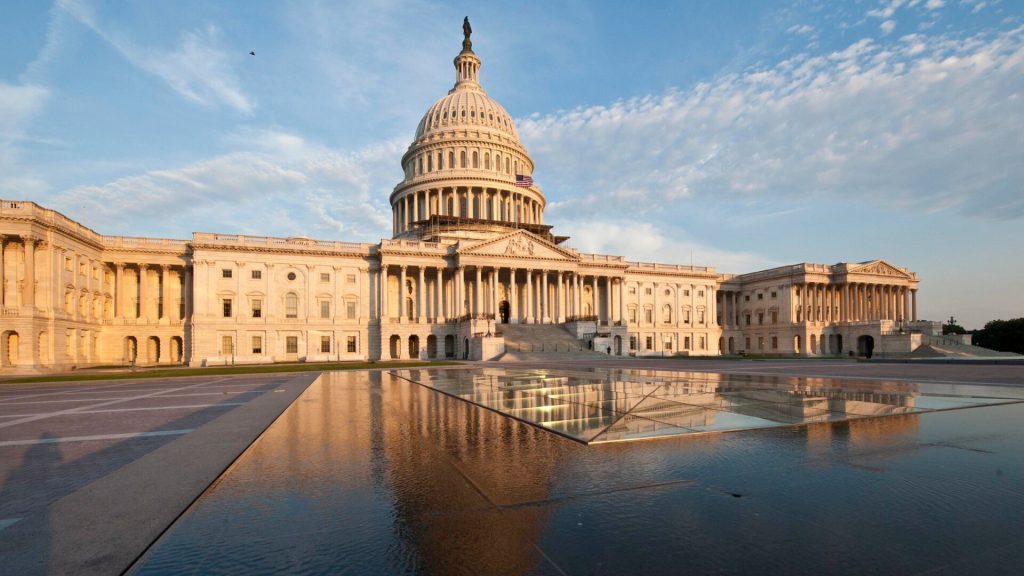
They want to find and deal with the root causes of the problem, but they may be hard-pressed to do so for an immigrant crisis. Many of these people are fleeing their home countries for various reasons.
A Looming Problem Or a Solution?
Chicago understands it has a problem, and Mayor Johnson seems to be trying to find an equitable solution. Unfortunately, his political opponents want to paint this solution in the worst possible light. More migrants will be coming, and Chicago has to be prepared for this influx of new arrivals.
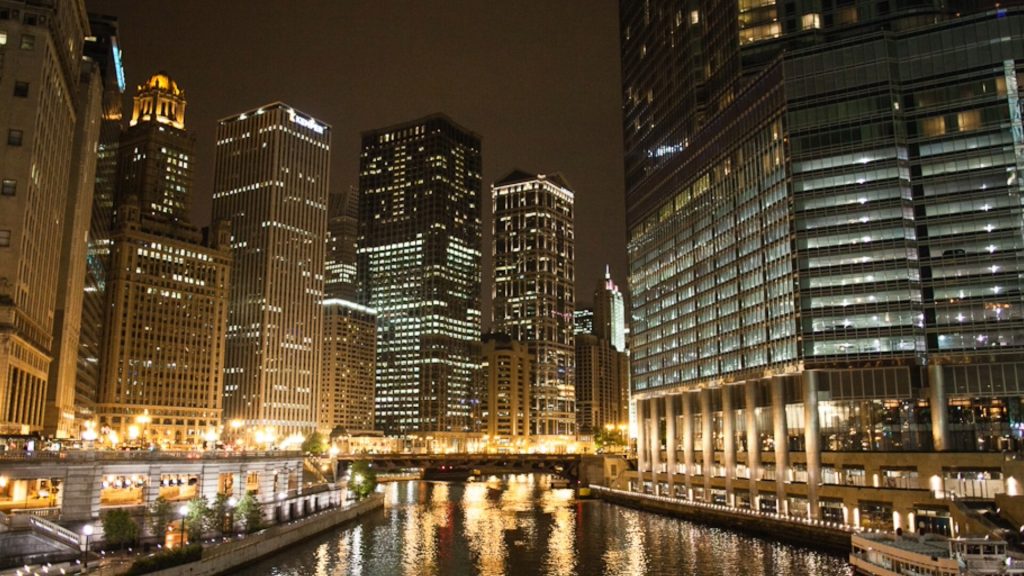
The new policy might be a step toward encouraging migrants to settle in Chicago. However, it may also exacerbate Chicago’s existing issues. Only time will tell if this is the end of Chicago’s migrant problems, or the start of a new series of them.

